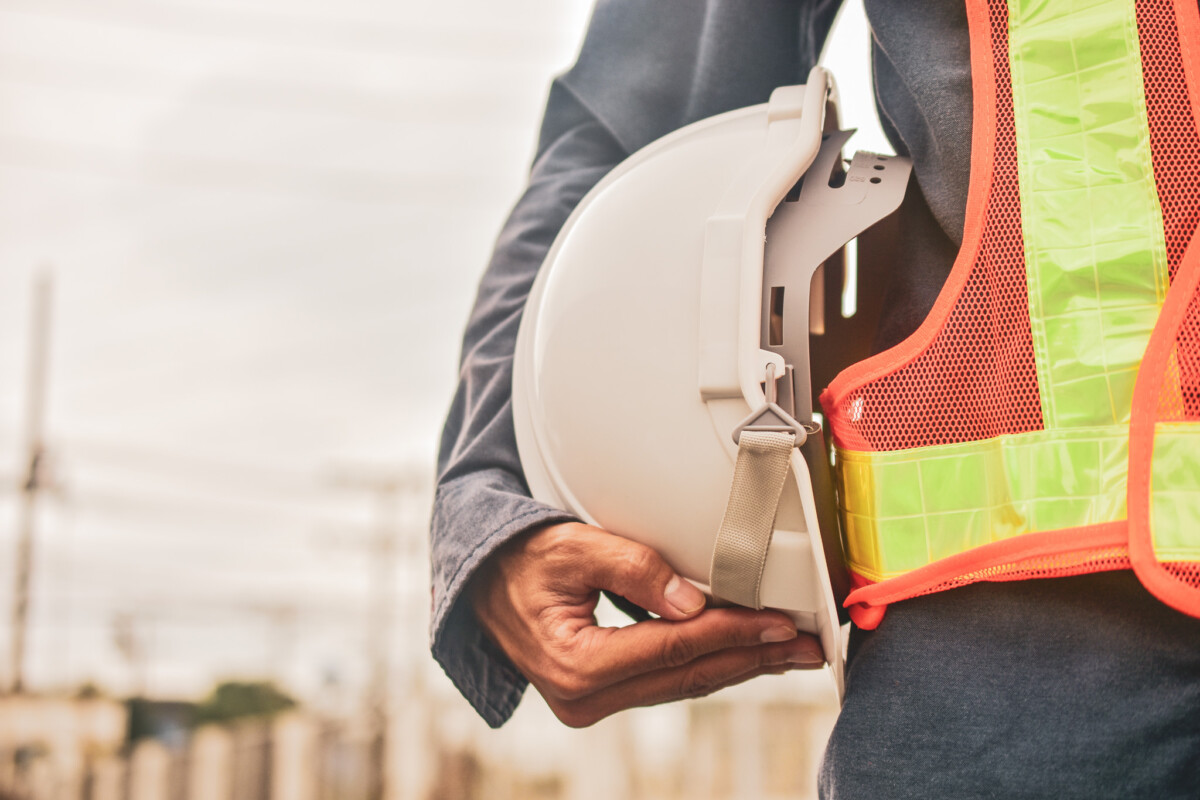When investing in real estate, one of the most critical aspects that determines the success or failure of your acquisition is construction. Whether you’re buying a property to flip, develop, or hold for the long term, construction-related decisions can either enhance your return on investment or drain your budget with costly mistakes. In this guide, we’ll explore key construction dos and don’ts to help real estate investors make informed decisions that protect their capital and align with long-term goals.
DO: Conduct a Thorough Property Inspection
Before acquiring any property, always conduct a detailed inspection with qualified professionals. A licensed home inspector, structural engineer, or general contractor can uncover hidden problems such as foundation cracks, plumbing issues, outdated electrical systems, and roof damage.
Why it matters:
Missed issues during acquisition can lead to expensive repairs post-purchase and reduce the profitability of your investment.
DON’T: Underestimate Renovation Costs
One of the biggest mistakes real estate investors make is underestimating the total cost of renovation. Renovation costs extend beyond labor and materials—they also include permits, architectural plans, inspections, and potential cost overruns resulting from unforeseen problems.
Tip:
Always build a 15-20% contingency into your construction budget to account for surprises.
DO: Know Local Zoning and Building Codes
Before you close on a property, research zoning laws, building regulations, and land-use restrictions. Zoning will dictate what type of construction or renovation is allowed, such as residential, commercial, or mixed-use.
Common issues to avoid:
- Buying a single-family home and expecting to convert it into a multifamily without checking zoning.
- Assuming you can build an addition or ADU (accessory dwelling unit) when local codes prohibit it.
DON’T: Ignore Permitting Requirements
Skipping permits to “save time and money” can lead to significant issues down the road, including fines, stop-work orders, or even forced demolition.
Solution:
Work with a licensed contractor who understands the local permitting process and timelines. Ensure that all necessary permits are obtained before commencing any major construction.
DO: Prioritize Structural and Safety Improvements First
Cosmetic upgrades are essential, but structural and safety issues should always come first. Fixing a leaky roof, faulty wiring, or foundation problems ensures the property is safe and complies with building codes.
Examples of top-priority fixes:
- Roof replacement
- Electrical panel upgrades
- Sewer line replacement
- Mold remediation
- Termite damage
DON’T: Choose the Cheapest Contractor
Choosing the lowest bid can be tempting, but it’s rarely the best option. Inexperienced or unlicensed contractors can cause delays, cut corners, or deliver substandard work.
Instead:
- Get multiple quotes from reputable contractors.
- Check their license, insurance, and references.
- Review previous work and check online reviews or complaints to ensure accuracy.
DO: Create a Detailed Construction Timeline
A realistic and detailed construction timeline helps ensure your project stays on track and within budget. Work closely with your general contractor to outline phases of the project, lead times for materials, labor availability, and key milestones.
Why it’s important:
Construction delays can increase holding costs, impact resale value, and disrupt financing schedules.
DON’T: Overbuild for the Neighborhood
One classic mistake in real estate construction is adding too much luxury or square footage in a lower-value area. You may not recoup your investment if the local market doesn’t support the higher valuation.
Example:
Installing marble floors and smart home automation in a modest neighborhood might be overkill and reduce your return on investment.
DO: Focus on Energy Efficiency and Sustainability
Incorporating energy-efficient systems, such as LED lighting, insulation, low-flow fixtures, and solar panels, can significantly reduce long-term operating costs and appeal to eco-conscious buyers or tenants.
Bonus:
Many municipalities offer rebates or tax incentives for green building practices.
DON’T: Overlook Utility Infrastructure
Whether you’re buying raw land or an older building, always inspect the utility infrastructure, including sewer, water, electrical, and gas connections.
Potential problems:
- Insufficient power supply for new equipment
- Old clay or lead water pipes
- Septic tanks in need of replacement
- Outdated heating systems
DO: Plan for Accessibility and Code Compliance
Accessibility is often overlooked but increasingly important, especially for multifamily and commercial properties. Ensuring your property complies with the Americans with Disabilities Act (ADA) or local accessibility standards can prevent lawsuits and expand your tenant pool.
DON’T: Start Without a Written Scope of Work
A vague or incomplete construction agreement can lead to misunderstandings, budget blowouts, or disputes.
Key elements to include in your scope of work:
- Detailed itemization of work to be completed
- Payment schedule tied to milestones
- List of materials and specifications
- Project start and end dates
- Warranty terms
DO: Use Professional Project Management Tools
Keeping track of a construction project on a notepad or spreadsheet is a recipe for disaster. Project management tools like Buildertrend, CoConstruct, or Trello can help you track progress, communicate with contractors, and manage documents effectively.
DON’T: Skip the Final Walkthrough
Once construction is “complete,” always schedule a final walkthrough with your contractor. Create a punch list of items that still need attention—anything from incomplete painting to non-working electrical outlets.
Pro tip:
Don’t release the final payment until all items on the punch list are completed to your satisfaction.
Conclusion
Construction can make or break a real estate acquisition. Whether you’re flipping a home, building multifamily housing, or renovating a commercial space, understanding the dos and don’ts of construction will help you minimize risk and maximize returns.
From choosing the right contractor to planning realistic budgets and timelines, every step matters. Savvy investors treat construction as a strategic component, not just a necessary expense. By following best practices and avoiding common mistakes, you can ensure your real estate investments are both profitable and durable for years to come.
Thank you for reading! If you enjoyed this article and want to explore more content on similar topics, check out our other blogs at Sonic Loans, Sonic Realty, and Sonic Title. We have a wealth of information designed to help you navigate the world of real estate and finance. Happy reading!
Are you looking for the right loan? Check out Sonic Loans for tailored mortgage solutions that make home financing simple and efficient.
Livonia vs. Garden City: Differences in Closing Costs
Neighborhood Safety Statistics Guide
Best Family-Friendly Neighborhoods Guide
Storage Solutions That Sell Homes: Local Market Focus
Open House Etiquette for Buyers in Livonia
How to Avoid PMI in Canton: A Homebuyer’s Guide
Digital Closings in Canton: Are They Legal Yet?
Allen Park Commute Times and Real Estate Impact
Real Estate Terms Every Dearborn Buyer Should Know










